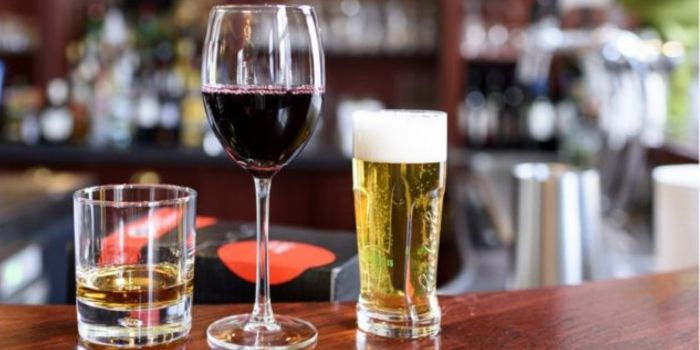The Kenyan government has come out to calm fears over a rumored alcohol ban that had caused public uproar across the country.
Many Kenyans were angry after news broke suggesting that supermarkets, restaurants, and online stores would no longer be allowed to sell alcohol. But now, the government has made it clear, these are only proposals, not actual rules.
The firestorm started when details from a draft of the National Policy for the Prevention, Management and Control of Alcohol, Drugs and Substance Abuse 2025 leaked to the public. The document suggested major changes in how alcohol is sold and consumed in Kenya.
One of the biggest shockers was a proposal to ban alcohol sales in supermarkets and restaurants. Also mentioned was a ban on selling alcohol online and through home delivery services, something many Kenyans have grown used to, especially since the COVID-19 pandemic.
But the government is now asking Kenyans to take a deep breath.
Speaking to Kenyans.co.ke on Wednesday, July 30, a senior official from the Ministry of Interior clarified that these ideas are still under discussion and that no laws have been passed. The representative stressed that the public will get a chance to give their views before any changes are made.
The proposals include other controversial suggestions. One such idea is to raise the legal drinking age from 18 to 21. This move is aimed at limiting youth access to alcohol, but it has sparked debate about personal freedoms and responsibility.
The policy also suggested banning alcohol at public beaches, parks, amusement parks, petrol stations, hotel dining areas, and even residential homes. Such restrictions would reshape how Kenyans enjoy social activities.
Even members’ clubs and higher education institutions were not spared in the proposals. The document called for strict bans in these places as well.
Understandably, many Kenyans were outraged. On social media, users accused the government of sneaking in new laws without proper public participation. Some even feared that businesses would collapse if the changes were made into law.
Business owners, especially those in the hospitality and e-commerce sectors, warned that such moves would kill jobs and affect the economy. “You can’t just ban alcohol sales in supermarkets and expect us to survive,” one Nairobi restaurant owner said.
The confusion came from how the information was first released. Many assumed that these proposals were already law. But now, officials are saying that the process is just beginning, and public opinion matters.
The National Authority for the Campaign Against Alcohol and Drug Abuse (NACADA) is leading the conversation. The body is expected to collect views from ordinary Kenyans before the proposals head to Parliament for debate.
Only after that stage will the government decide if and how to amend the Alcoholic Drinks Control Act of 2010, the main law guiding alcohol use in the country.
An Interior Ministry official explained that these proposals were inspired by rising alcohol abuse in Kenya. The government is also worried about the growing presence of counterfeit alcohol, especially in border areas where smuggling is common.
Fake alcohol has been blamed for serious health problems and even deaths in recent years. The government believes that stricter rules could help solve this.
Still, officials admit that the policy is far from final. There are no new legal frameworks yet, and nothing will change without broad consultations.
In the meantime, Kenyans can continue to buy alcohol from supermarkets, restaurants, and online platforms as usual.
The government is asking citizens to stay calm and participate in the discussions, not to panic or spread false information. “Let us have a national conversation. These are just ideas,” said the official.
Whether these proposals become law or not, one thing is clear: Kenyans are watching closely. Any decision affecting how they live, eat, and drink will not go unnoticed.





